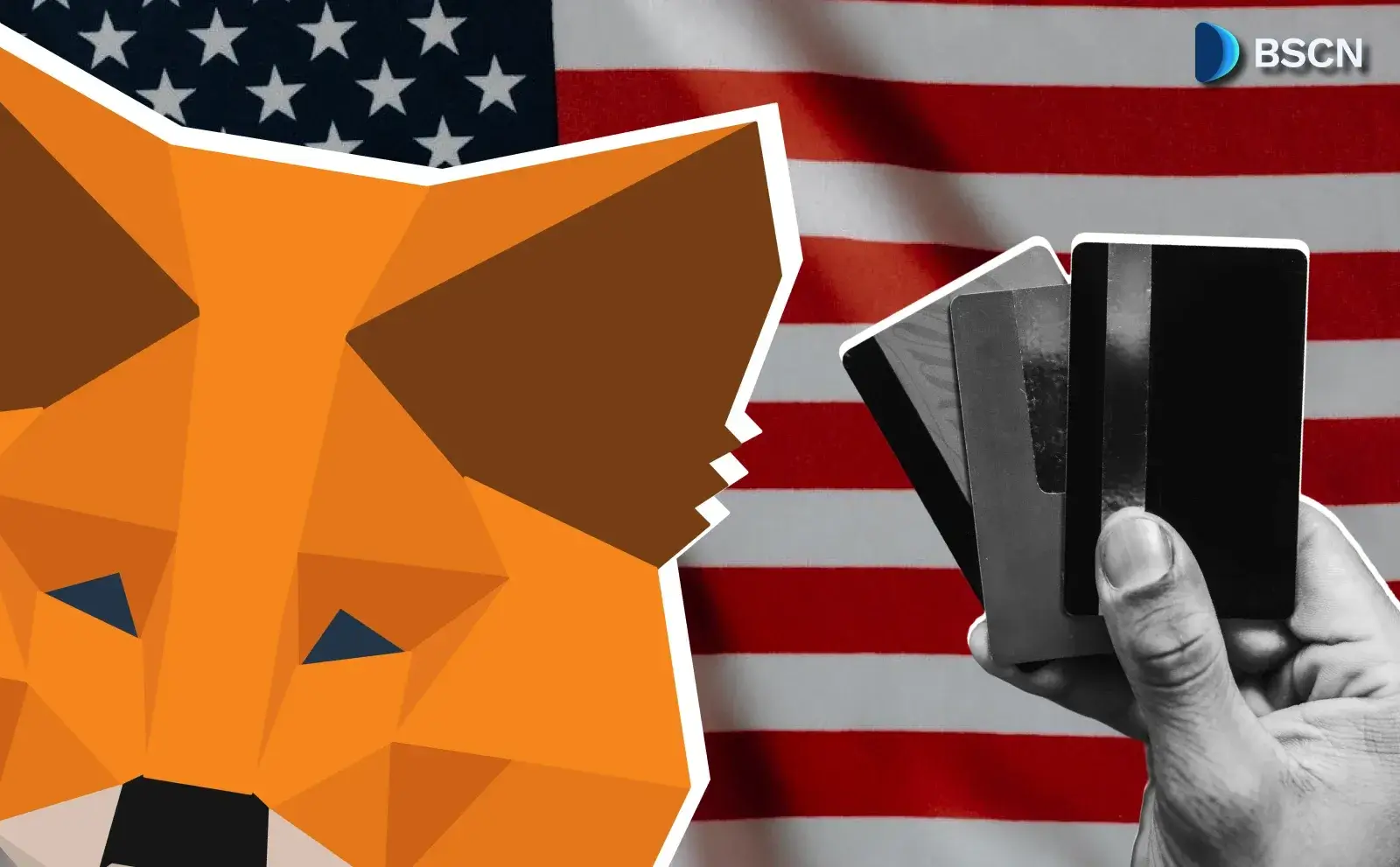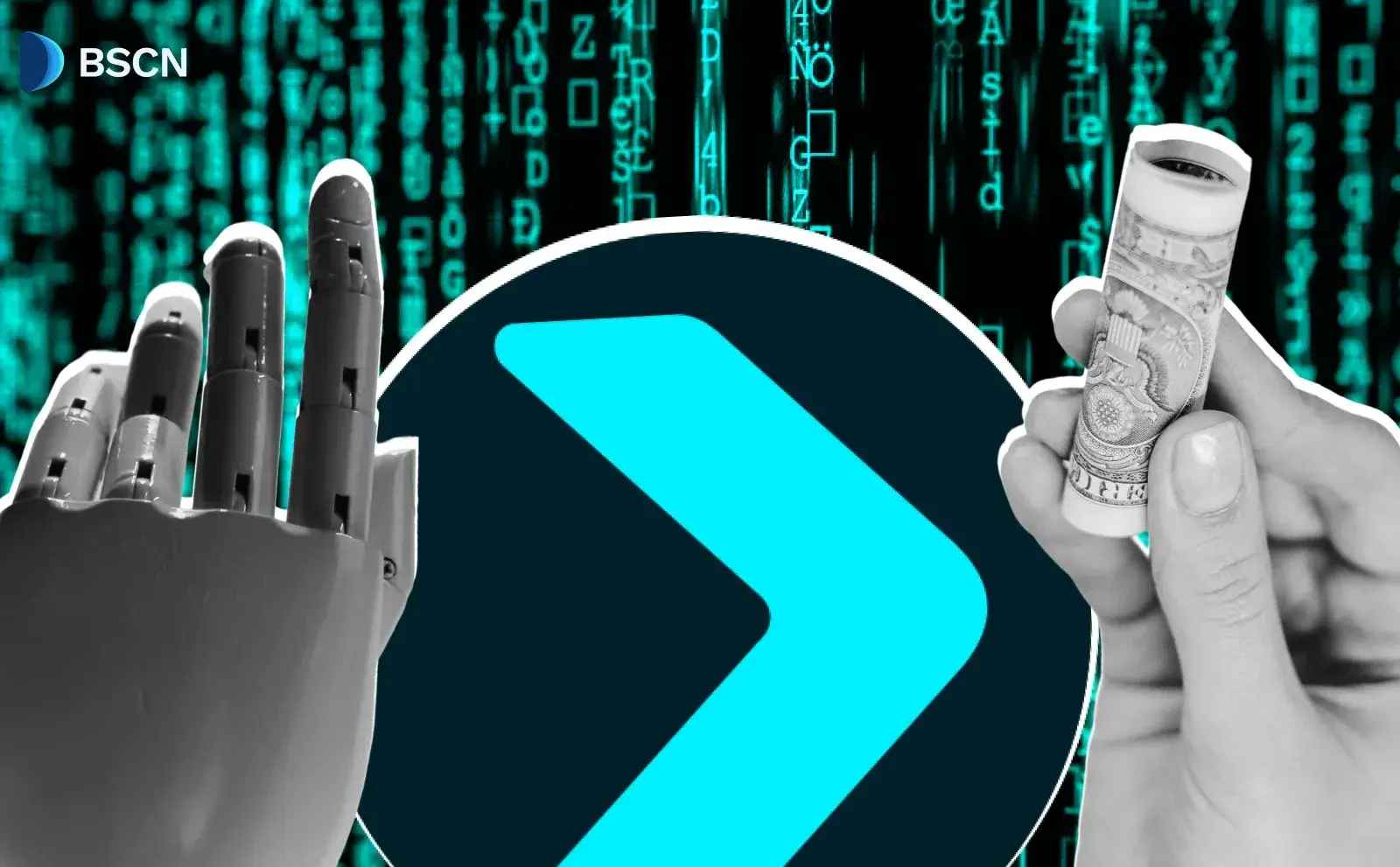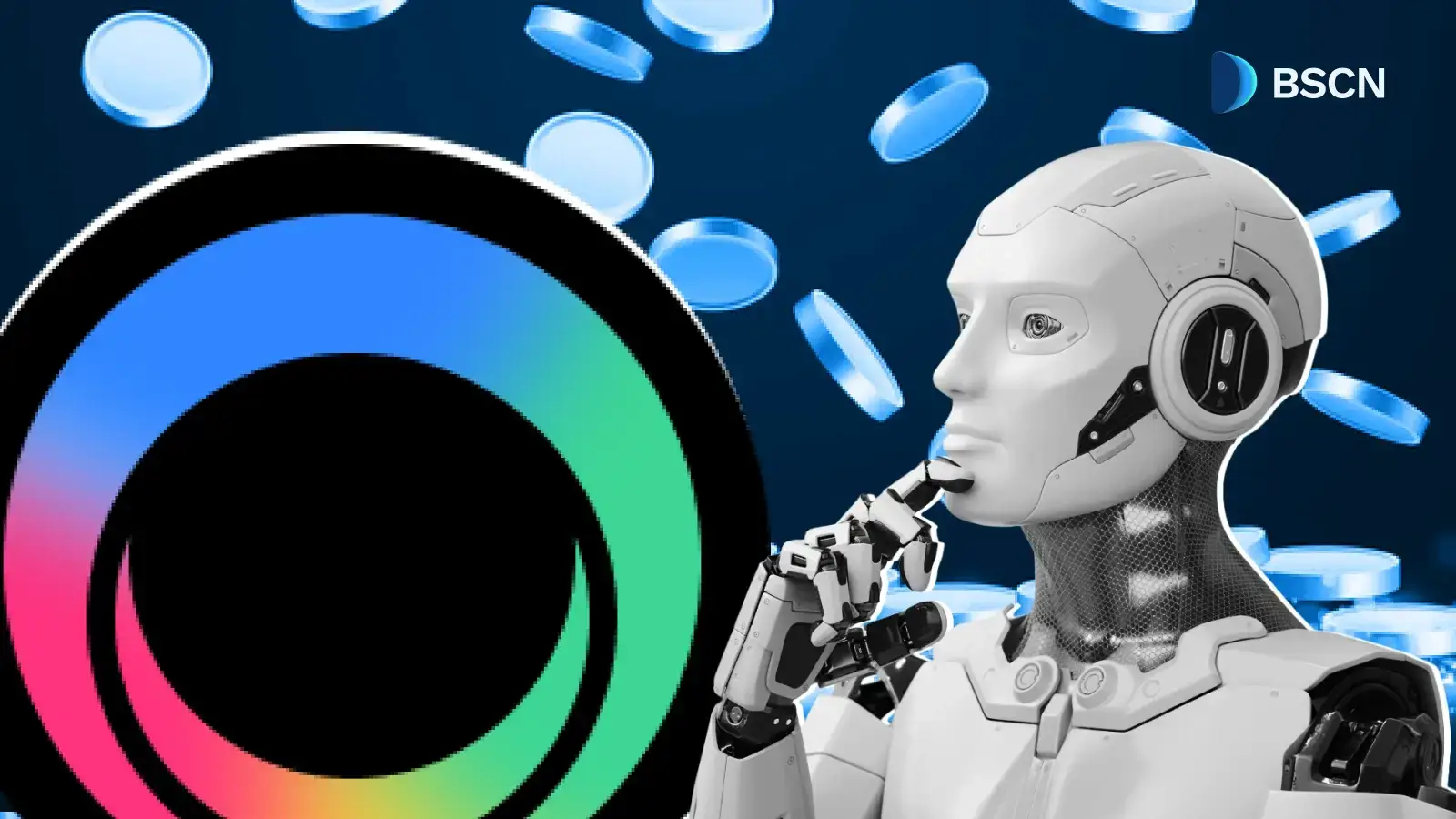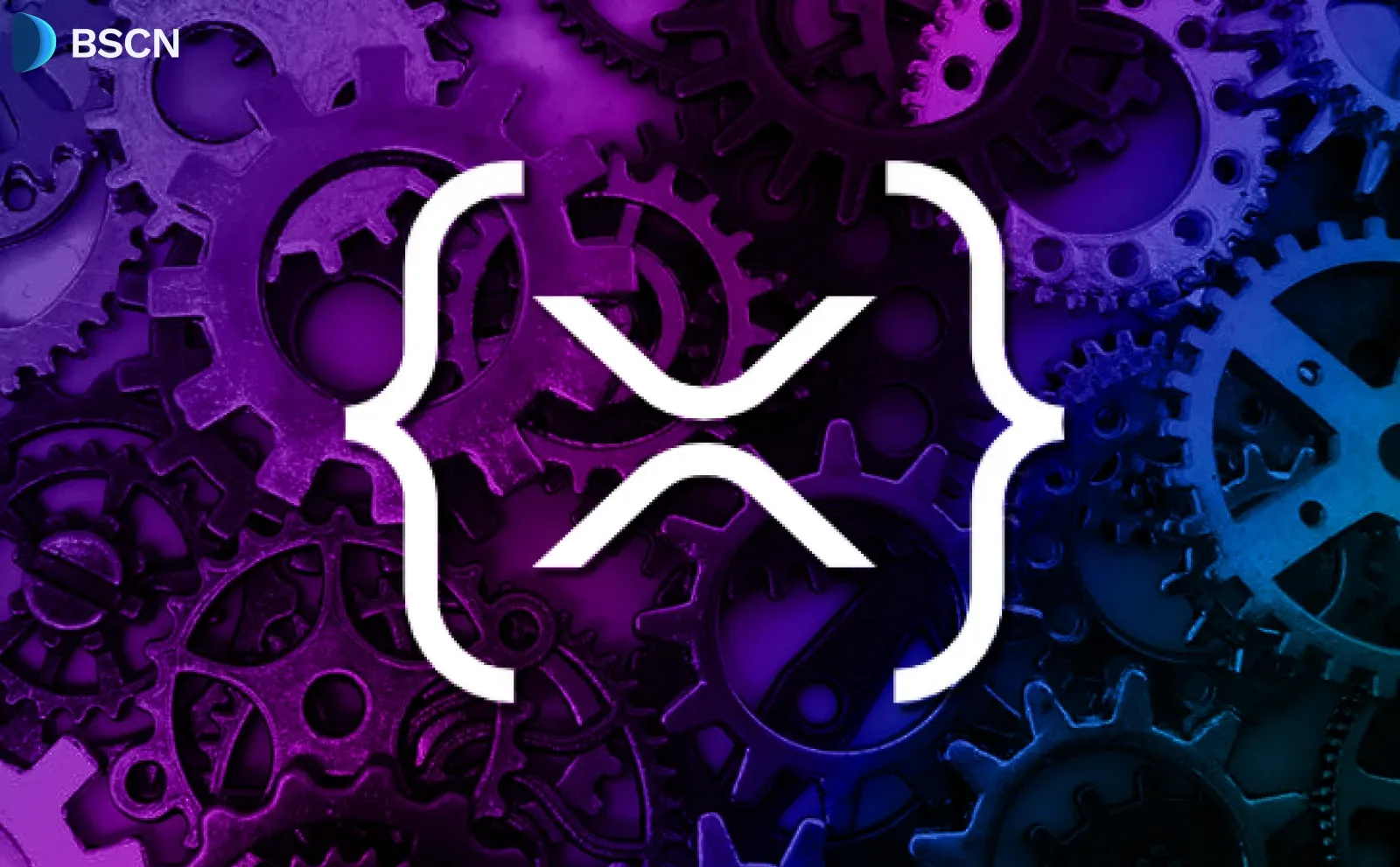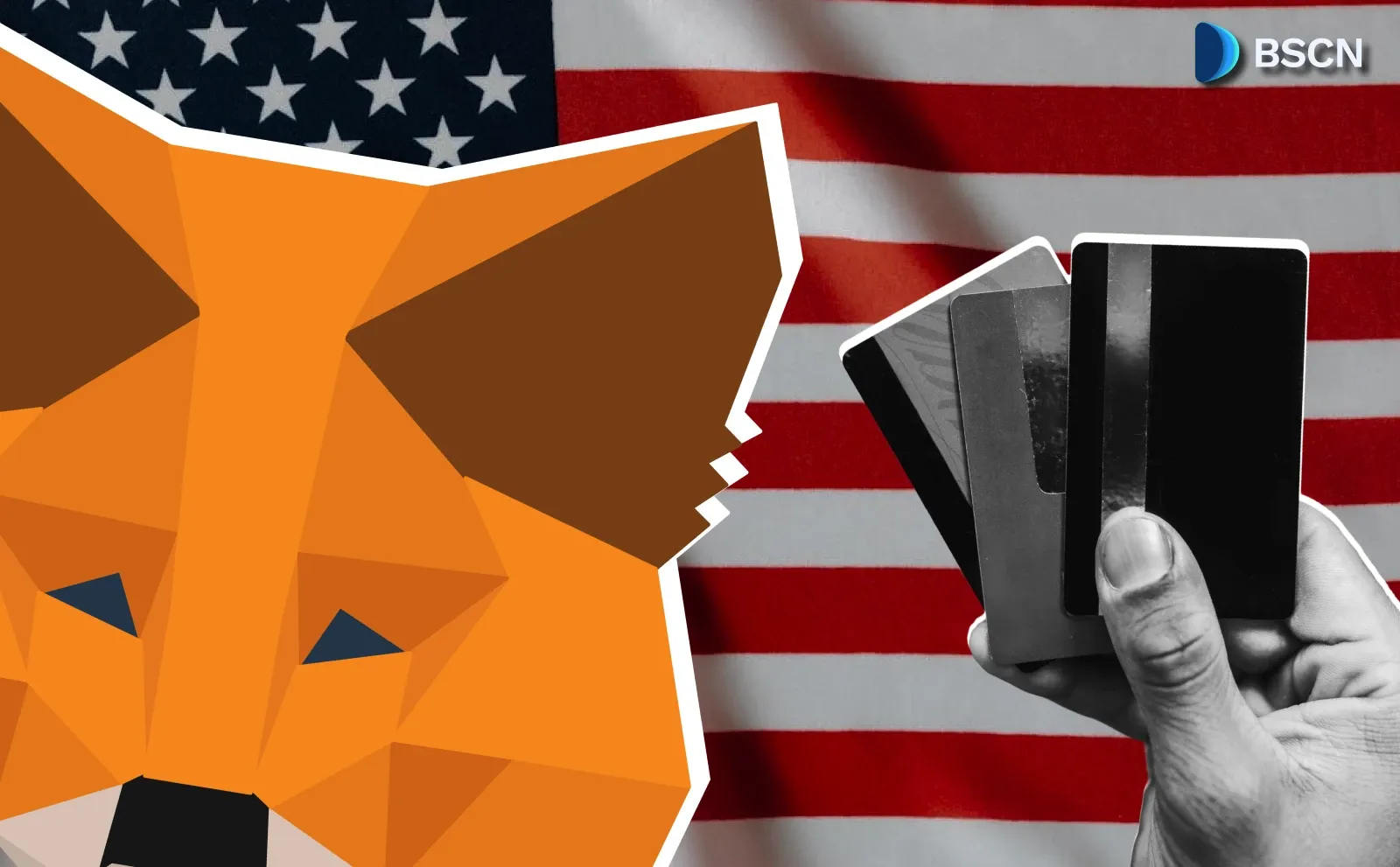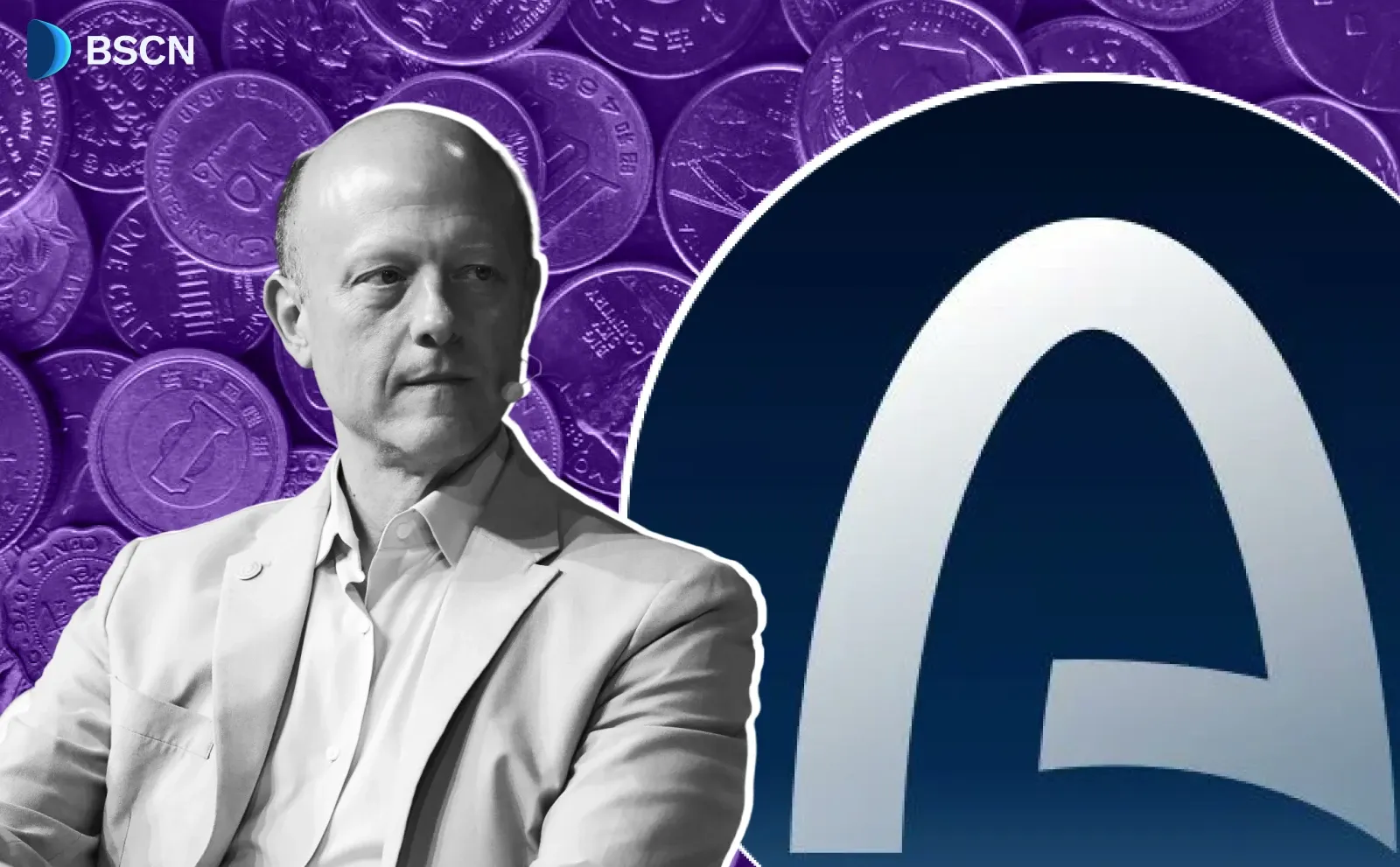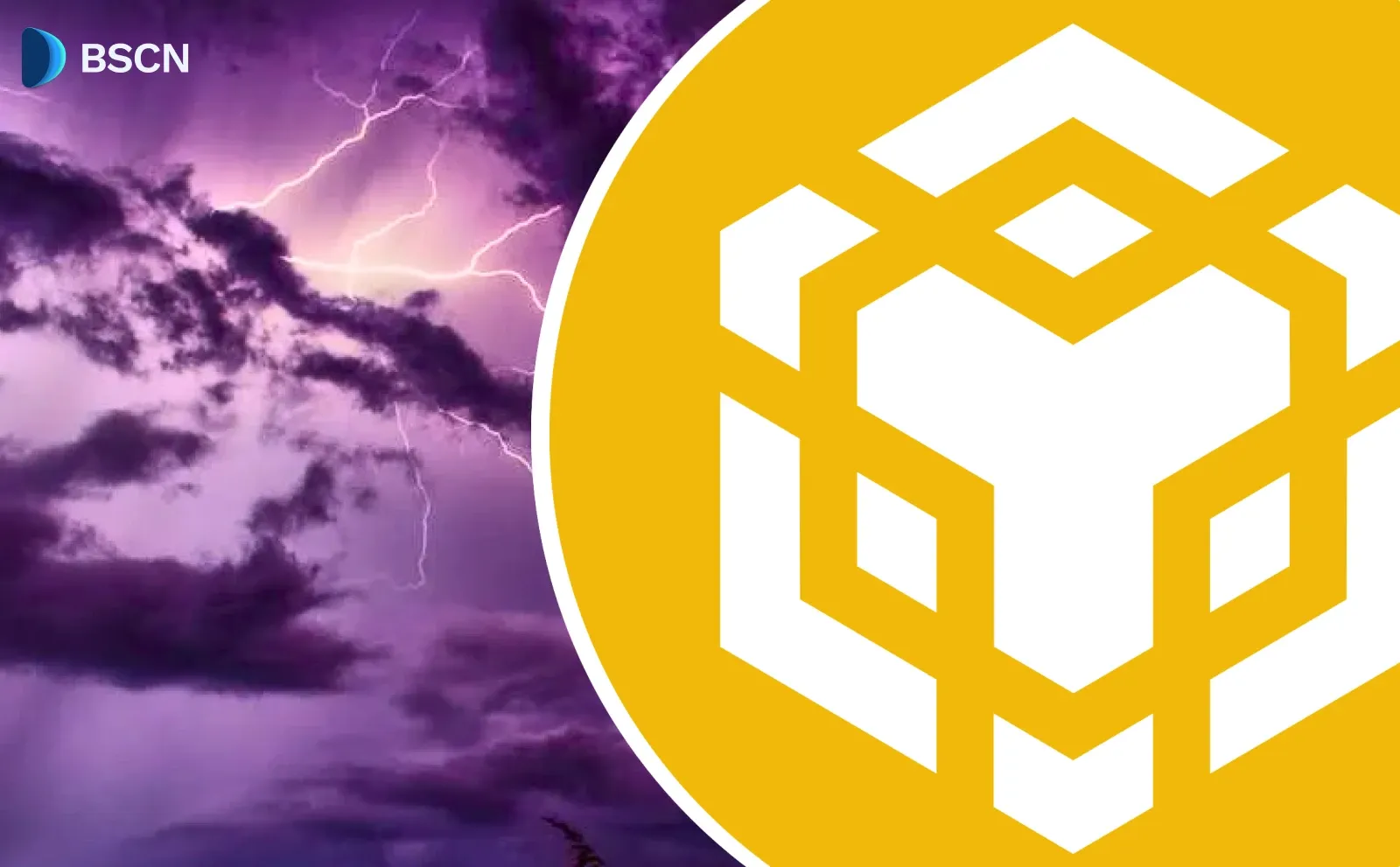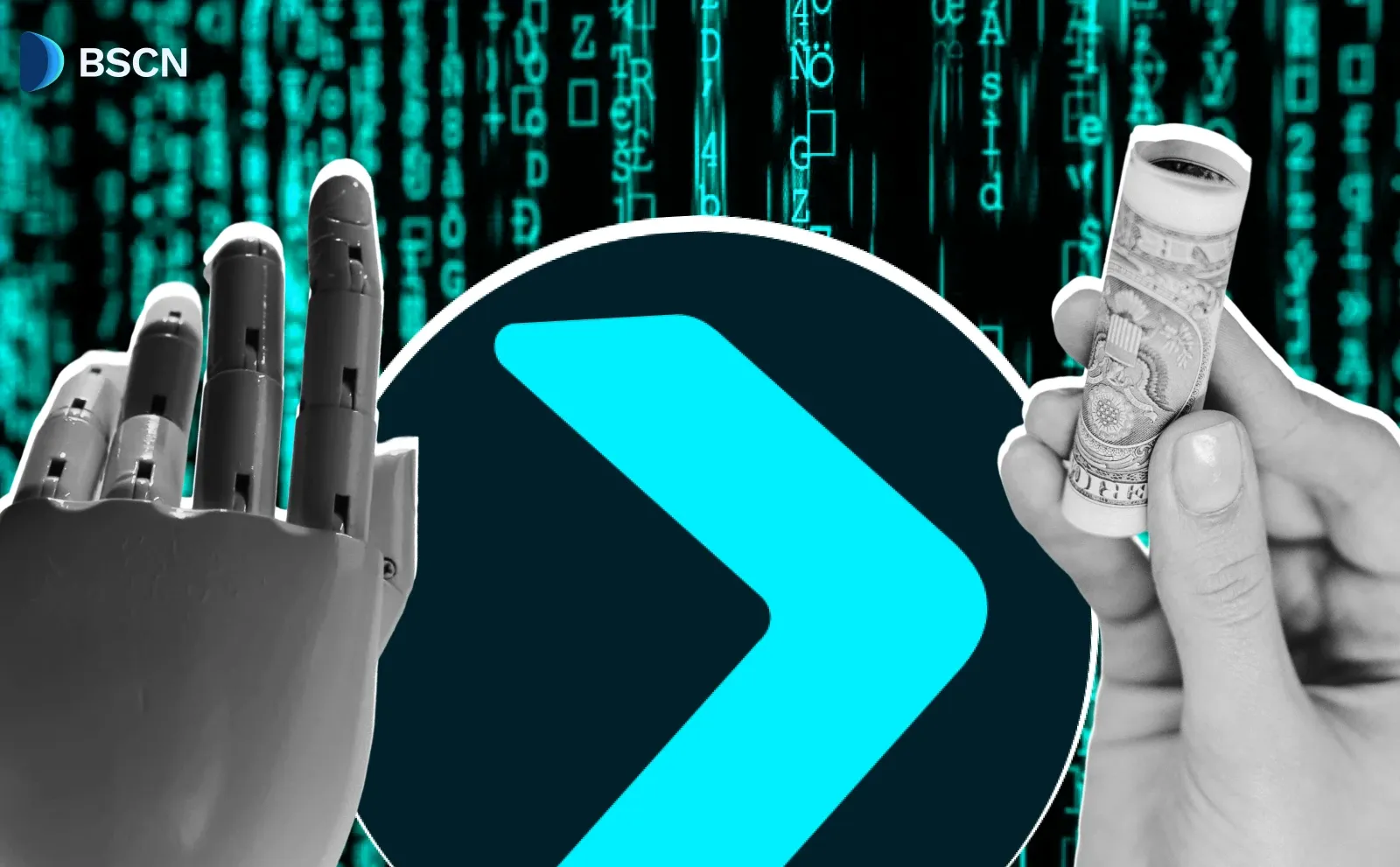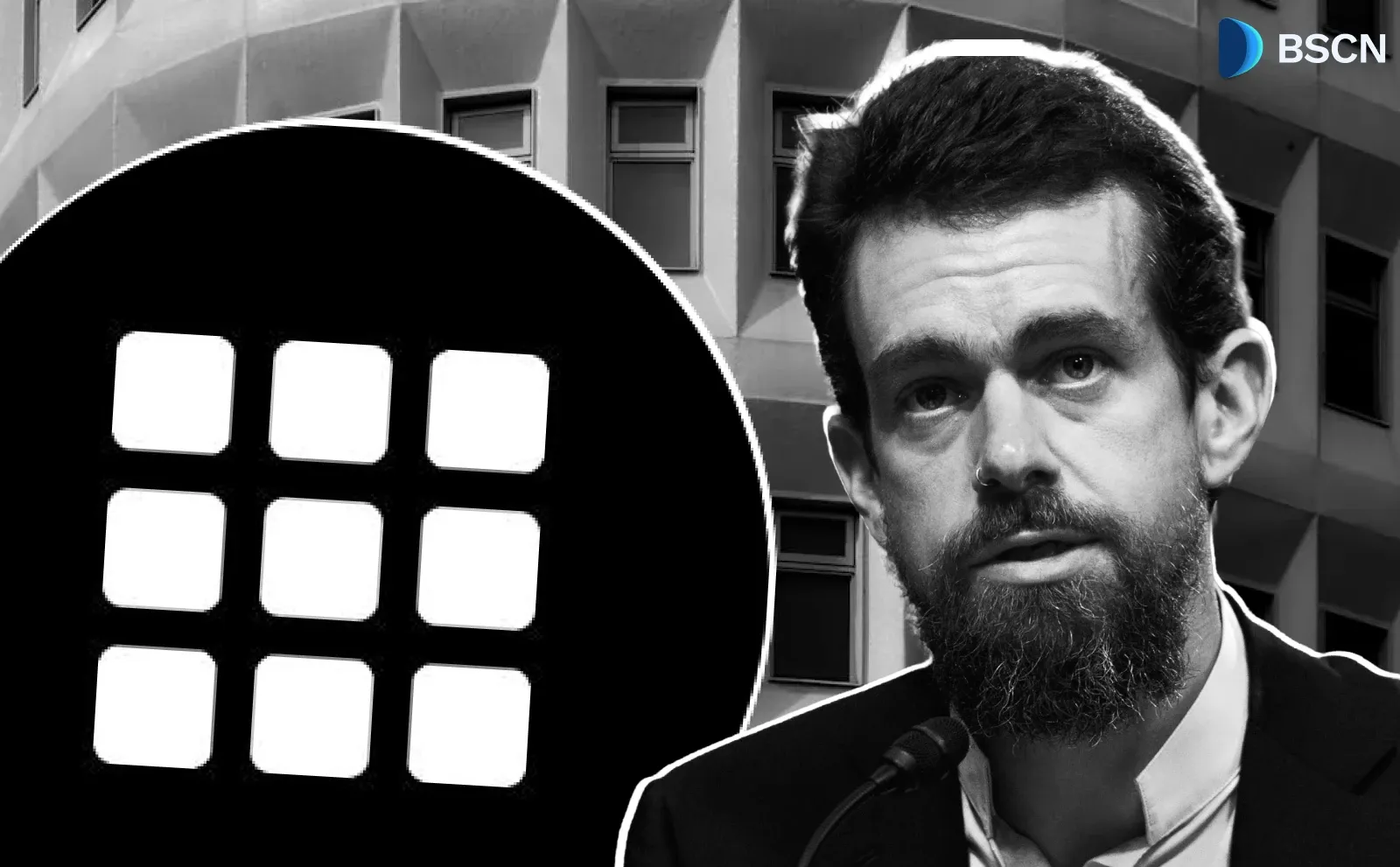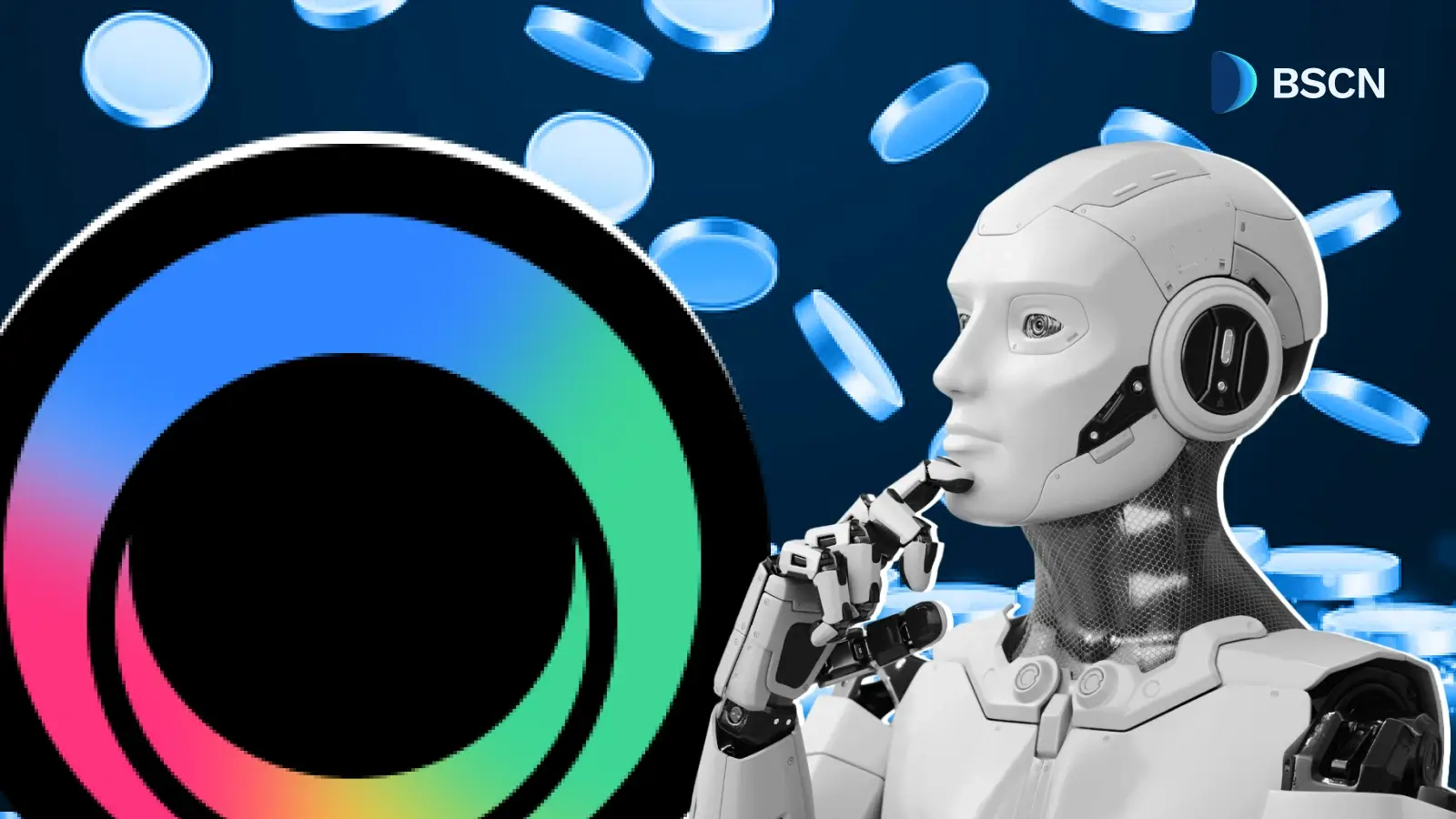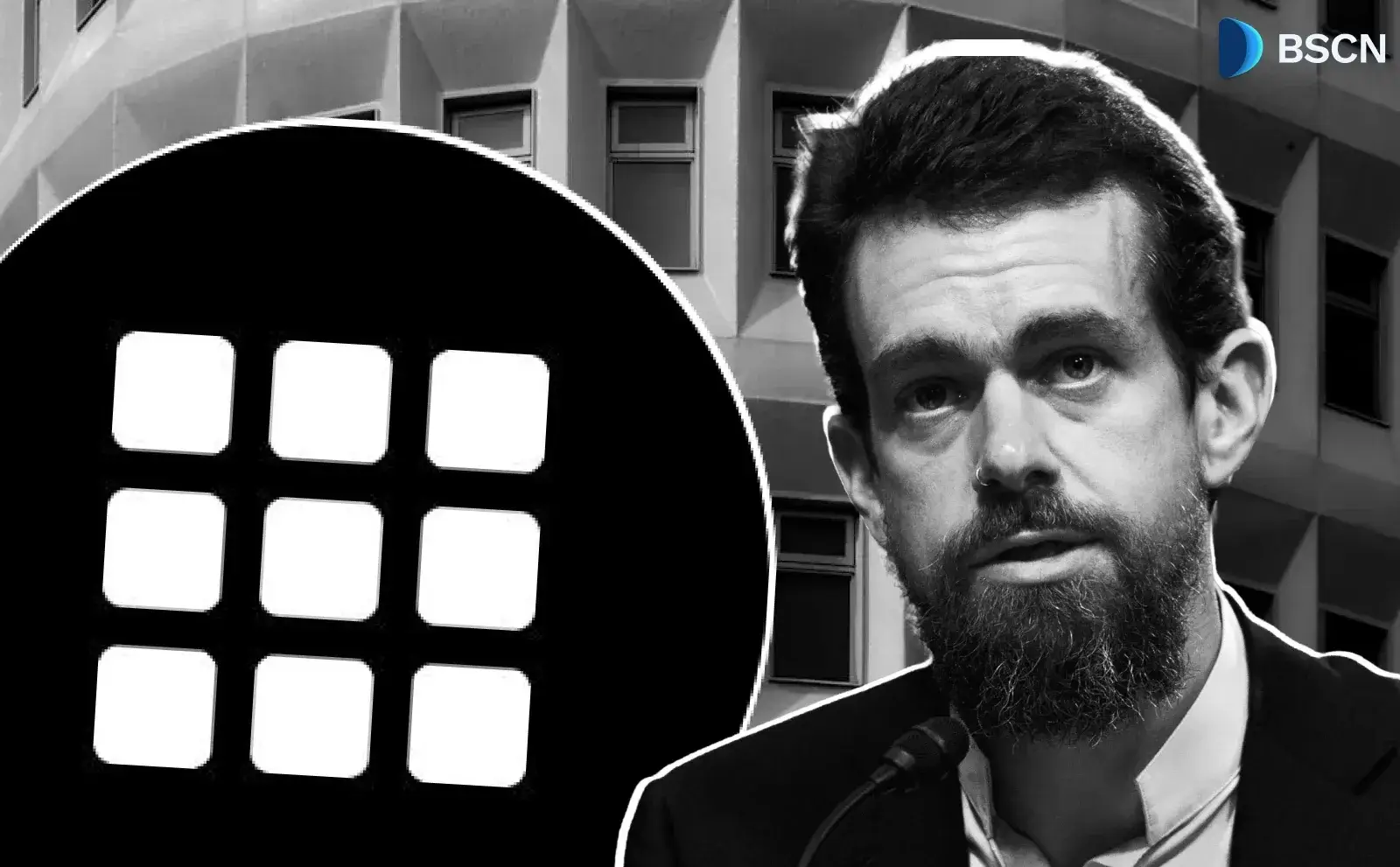What’s Injective Bringing With Nivara Upgrade?

The upgrade also strengthens the security of Injective's exchange and bridge modules, ensuring better protection for users' funds and cross-chain transactions.
Soumen Datta
February 17, 2025
Table of Contents
Injective's proposal IIP-494 for the Nivara Chain upgrade has officially passed, marking a milestone for the decentralized layer-1 blockchain platform.
IIP-494 for the Nivara Chain Upgrade has officially passed with 42.3 Million $INJ used in the governance voting process!
— Injective 🥷 (@injective) February 16, 2025
The upgrade will officially occur tomorrow at approximately 9:47 AM EST (14:47 UTC). https://t.co/zTZw3bxhr1
The upgrade is scheduled for February 18, 2025, at 14:47 UTC, and will bring significant improvements and new features to the Injective network.
Key Features of the Nivara Upgrade:
- Next-Generation RWA Oracle:
The Nivara upgrade will introduce advanced RWA (Real World Asset) oracle price update support in the chain stream. This feature will enhance the ability to source and update prices for assets in the real world, providing more reliable data feeds for decentralized applications (dApps) on the Injective network. Modernized RWA Module Architecture:
A newly designed version of the RWA module will include improved access control mechanisms and flexible configuration options. This is a vital step towards supporting more sophisticated tokenization capabilities on the Injective chain, making it more adaptable to a broader range of decentralized financial services.Expanded Authorization Framework:
The upgrade will bring in a more advanced authorization framework, specifically supporting Authz grants for the wasmx/MsgExecuteContractCompat. This enables finer delegation controls for institutions and users, allowing them to securely delegate specific actions while ensuring governance and compliance at the granular level.Enhanced Exchange Module Security:
Market fund isolation will be implemented in the derivative and binary options markets, enhancing the reliability of the Injective exchange dApps. This feature ensures better security for funds in these markets, shielding them from potential vulnerabilities and boosting overall platform integrity.Reinforced Injective Bridge Security:
The bridge security enhancements will include the implementation of segregated wallet systems to handle potentially suspicious deposits. Additional protections will include enforced batch fee constraints and new event logging mechanisms for successful deposits, further strengthening the reliability and transparency of cross-chain transactions.
Injective’s Strategic Expansion and EVM Integration:
This upgrade comes just weeks after Injective announced its plan to integrate native Ethereum Virtual Machine (EVM) support into its blockchain. The EVM integration is expected to enhance performance and interoperability, positioning Injective as a stronger player in the decentralized finance ecosystem.
Unlike traditional solutions that require third-party bridges or modular tools, Injective’s native EVM is embedded directly into the core of its infrastructure. This eliminates the need for external dependencies, making the platform faster, more secure, and more reliable. The full integration ensures seamless compatibility with Ethereum-based decentralized applications (dApps) and opens up Injective to a wider pool of developers, particularly those familiar with the Ethereum ecosystem.
Bridging Ethereum with DeFi:
Injective’s multi-VM initiative, which incorporates both EVM and WebAssembly (WASM), seeks to broaden the platform’s developer community. The EVM integration reportedly makes it easier for developers who are familiar with Ethereum’s Solidity and other Ethereum tools to transition their applications onto the Injective blockchain. This move strengthens Injective's position as a bridge between traditional finance (TradFi) and decentralized finance (DeFi), offering a diverse set of tools that enhance the functionality and accessibility of decentralized applications.
Injective’s platform now supports full compatibility with Ethereum’s latest updates, such as the most current version of Geth, ensuring that developers have access to Ethereum’s latest tools and features.
Injective is also looking toward the future by integrating on-chain AI inference models, setting the stage for the rise of decentralized artificial intelligence (DeFAI) applications. This AI-driven functionality will bring new opportunities for intelligent data indexing, agent-based infrastructure, and collective intelligence within the financial sector, opening up new possibilities for innovation in DeFi.
Expanding Access to Traditional Finance Markets:
Injective has launched an on-chain index through its decentralized exchange, Helix, which tracks the largest publicly traded equities in the market. The new TradFi stocks index enables users to trade Amazon ($AMZN), Apple ($APPL), Microsoft ($MSFT), Goldman Sachs ($GS), and hundreds more, all on-chain. This index product is a 24/7 market, allowing users to engage with equities anytime, anywhere, while utilizing up to 25X leverage.
Read Next...
Disclaimer
Disclaimer: The views expressed in this article do not necessarily represent the views of BSCN. The information provided in this article is for educational and entertainment purposes only and should not be construed as investment advice, or advice of any kind. BSCN assumes no responsibility for any investment decisions made based on the information provided in this article. If you believe that the article should be amended, please reach out to the BSCN team by emailing [email protected].
Author
 Soumen Datta
Soumen DattaSoumen has been a crypto researcher since 2020 and holds a master’s in Physics. His writing and research has been published by publications such as CryptoSlate and DailyCoin, as well as BSCN. His areas of focus include Bitcoin, DeFi, and high-potential altcoins like Ethereum, Solana, XRP, and Chainlink. He combines analytical depth with journalistic clarity to deliver insights for both newcomers and seasoned crypto readers.
Crypto Project & Token Reviews
Project & Token Reviews
Comprehensive reviews of crypto's most interesting projects and assets
Learn about the hottest projects & tokens
Latest Crypto News
Get up to date with the latest crypto news stories and events





